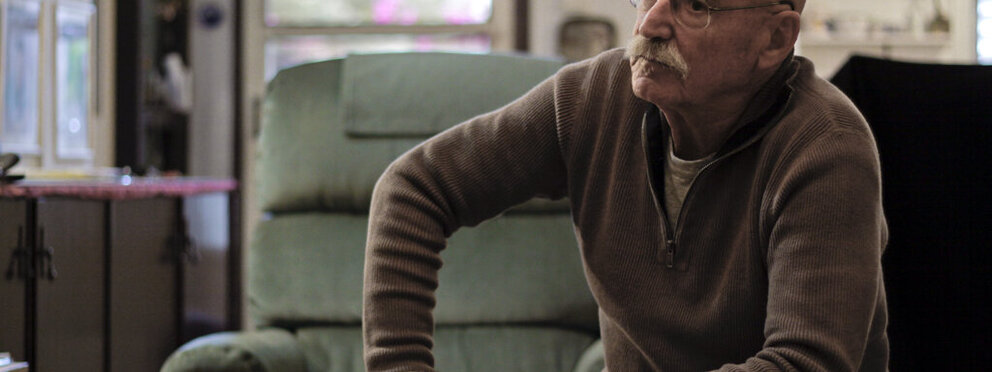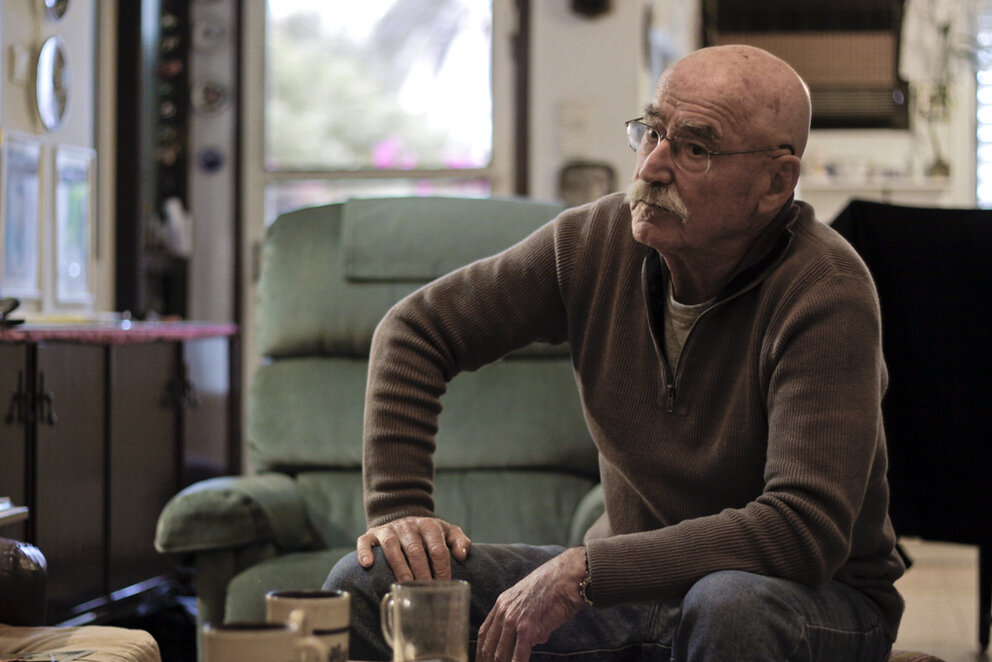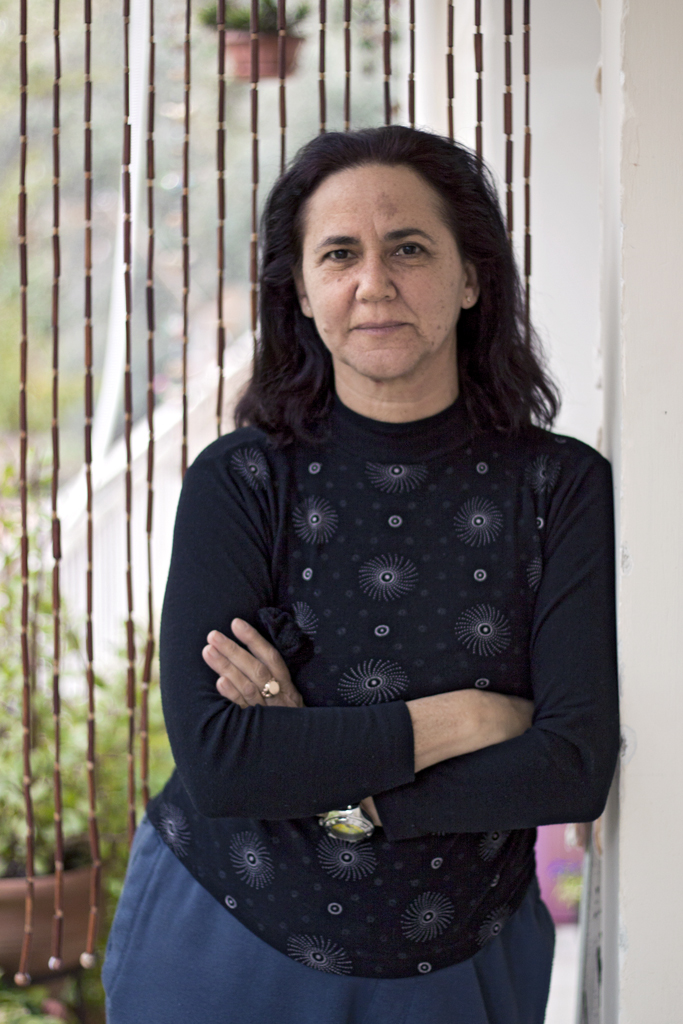
Tibi Ram
About Tibi Ram
Soldier Tibi Ram grew up as a patriot. His heart beat for his native Hungary, less for his religion. But for the National Socialists he was Jewish, and when they occupied his former homeland in 1944, he and his family were sent to Auschwitz, then to Breslau and then on the death marches to Bergen-Belsen. The day of his liberation was also the day his father died - his brother died a day later. But miraculously, Tibi always focussed on the positive things and eventually found a new dream: building the country of Israel. Today he is one of Israel's oldest soldiers, has served in each of the country's seven wars, helped to cultivate his land in one of the first kibbutzim, and still lives with his daughters in the community of a kibbutz.
»When I was there for the first time again and I saw the mass graves, that was the first time I really got touched. I stood at the ramp of Birkenau and I stood there in uniform and I was proud to stand there.«

A picture to live on
Tibi's daughter is a great support and an important person in Tibi's life. Tibi always wanted to start a family and is now very grateful for their life together in Israel.

Our encounter
Israel gave the homeless Tibi Ram something worth fighting for, and he wanted to be the best. If the original settlers worked seven hours in the fields, he worked ten. If they wore short shorts, his were shorter. He still displays this enthusiasm today when he talks about the past and shows us the kibbutz where he lives.
It's hard to believe how much energy the 80-year-old uses to jump over puddles and run through the rain. He throws himself into political debates with unbridled vigour and asks for our opinions with great interest. The time in Afikim flew by and the conversation left a cheerful, almost light-hearted impression, although Tibi did not leave out the terrible things in his stories. But it was precisely this that made us particularly thoughtful: You don't expect a cheerful survivor. After the events of the Second World War, it's hard to imagine such a thing. His daughter also shakes her head when she briefly comes over from her flat in the neighbourhood and hears her father once again talking cheerfully about the past.
When Tibi then thinks about his return to the Birkenau extermination camp with a group of Israeli youths, he is thoughtful again. He remembers the first time he was really touched by his experiences.
